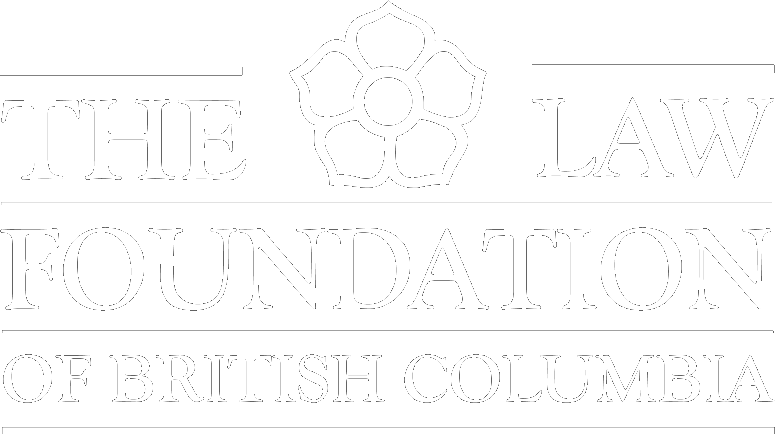Harper Government Shutters Most Widely Respected and Effective Program for Sexual Offenders
FOR IMMEDIATE RELEASE
By Circles of Support and Accountability (CoSA)
Correctional Services of Canada (CSC) recently informed all 18 Circles of Support and Accountability (CoSA) projects in Canada that their contracts will be terminated at the end of March 2014. The Correctional Service of Canada says it does not have the $2.2-million budget to support CoSA. We believe the government must provide CSC with the means to support CoSA to offset the threats to public safety.
To date, four studies demonstrating the effectiveness of the CoSA model have been published in peer-reviewed journals, all of them showing the same outcome: dramatically reduced rates of sexual and other reoffending among CoSA participants. These findings have encouraged the US federal government to support CoSA project development in many communities; the UK and other international jurisdictions are following suit.
CoSA has been supported by the federal government since 1994. This partnership in risk-management between CSC and the community, where ordinary citizens, supported by local professionals volunteer their time to accompany high-risk sex offender as they return from prison, has become a best-practice model for jurisdictions in the United Kingdom, the United States, and several countries in the European Union. In fact, US-based research has assessed projects according to their fidelity with the original Canadian CoSA model.
Circles of Support and Accountability (CoSA) began in 1994 when a community of concerned Canadians responded to the release of Charlie Taylor, a notorious child sexual offender. Taylor was surrounded with a group of volunteers committed to supporting him while holding him accountable for his actions. Taylor died 12 years after his release with no more victims – one of CoSA Canada’s goals. CoSA continues this approach today with 700 CoSA volunteers nation-wide supporting 155 sexual offenders.
On the recommendations of CSC, the Parole Board of Canada holds many of the highest-risk sexual offenders beyond their statutory release date to the last day of their sentence. At that point, these high-risk sexual offenders are released to the community with no access to follow-up services or formal support and little chance to develop accountability. Left unsupported, offenders’ risk of reoffence escalates. Local citizens have stepped into this gap to provide crucial support and to foster accountability. Community members are willing to do their part to enhance public safety and protect the most vulnerable. But they need the support of their federal government.
The National Crime Prevention Centre, an arm of Public Safety Canada, is nearing completion of a $7.5 million evaluation of CoSA nationally. It concludes September 2014, but the CSC, also an arm of Public Safety Canada, has decided not to wait and is pulling its support in March.
At the same time the government is unable to secure a $2.2million budget for CoSA, it is spending nearly $80 million launching measures such as the, “Safer Streets and Communities Act.” Research[1] shows that such measures are unlikely to work, whereas many experts in Canada and internationally are convinced CoSA is an approach most likely to work.
For more information, interview or commentary, contact Circles of Support and Accountability (CoSA).
[1] [1] See for example, Gendreau, P., C. Goggin, & F.T. Cullen. (1999). The Effects of Prison Sentences on Recidivism. Ottawa: Solicitor General Canada; and Ruddell, R. and Winfree, L.T. (2006). “Setting Aside Criminal Convictions in Canada: A Successful Approach to Offender Reintegration.” The Prison Journal, 86 (452-469).
Prisoners’ Legal Services
302-7818 6th Street
Burnaby, BC
Tel: 604-636-0470
Fax: 604-636-0480
Email: info@pls-bc.ca

We are grateful for the
funding provided by

How to Show Your Support
Help us to continue to fight for the human rights of prisoners in BC! PLS is currently litigating the important systemic issues of the segregation of prisoners with mental disabilities, access to health care, transgender prisoner rights, and access to religion and Indigenous spirituality. We need help to continue to do this important work. Donations to West Coast Prison Justice Society are non-charitable and are not tax deductible.
Donations can be made to
West Coast Prison Justice Society
Please call us at 604-636-0470 or email us at info@pls-bc.ca if you would like to discuss your donation.
Thanks for your support!

